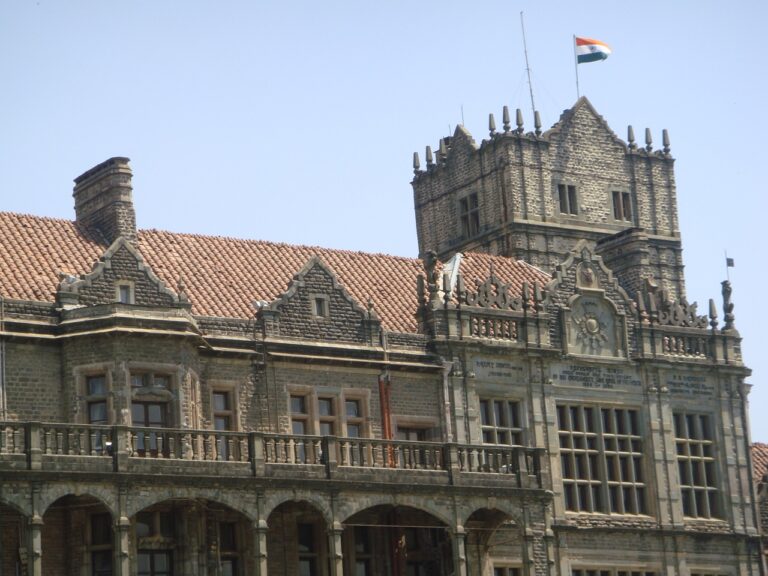The Role of Political Satire in Elections: Bet book 247 sign up, Radhe exchange app download, Bethub777
bet book 247 sign up, radhe exchange app download, bethub777: Young voters are a crucial demographic in political campaigns, yet they are often the hardest to engage. With distractions like social media and busy schedules, getting young people interested in politics can be a challenge. However, it is essential to involve young voters in the political process to ensure their voices are heard and represented. In this article, we will explore some effective strategies for engaging young voters in political campaigns.
Understanding the Young Voter
Before diving into strategies for engaging young voters, it is crucial to understand what motivates them and what issues are important to them. Young voters are often passionate about social justice, climate change, student debt, and other issues that directly impact their lives. They are also more likely to be influenced by peer opinions and social media than older voters.
1. Utilize Social Media Platforms
One of the most effective ways to reach young voters is through social media platforms. Platforms like Instagram, TikTok, and Twitter are popular among young people and provide a direct line of communication to this demographic. Political campaigns can use social media to share information about candidates, promote events, and engage in conversations with young voters.
2. Empower Young Leaders
Young voters are more likely to be engaged in political campaigns if they see people their age leading the charge. Recruiting young leaders to organize events, canvas neighborhoods, and speak on behalf of candidates can help inspire other young people to get involved. Empowering young leaders shows that their voices matter and can make a difference in the political process.
3. Make Voting Accessible
One of the biggest barriers to young voter engagement is the complexity of the voting process. Political campaigns can help make voting more accessible to young people by providing information on voter registration, absentee ballots, and polling locations. Campaigns can also organize voter registration drives on college campuses and in communities with a high concentration of young voters.
4. Host Youth-Focused Events
Hosting events specifically targeted towards young voters can help generate excitement and interest in political campaigns. Events like town halls, panel discussions, and candidate meet-and-greets can provide young people with the opportunity to learn more about candidates and ask questions about important issues. These events can also create a sense of community among young voters, making them more likely to stay engaged throughout the campaign.
5. Use Creative Messaging
Young voters are more likely to engage with political campaigns that use creative and relatable messaging. Campaigns can use humor, memes, and pop culture references to make their message more appealing to young people. By speaking their language, campaigns can capture the attention of young voters and communicate important information in a way that resonates with them.
6. Collaborate with Youth Organizations
Partnering with youth organizations and advocacy groups can help political campaigns reach a broader audience of young voters. These organizations have established networks and can help campaigns connect with young people who are passionate about specific issues. By collaborating with youth organizations, campaigns can tap into existing resources and expertise to engage young voters effectively.
FAQs
Q: Why is it important to engage young voters in political campaigns?
A: Engaging young voters is essential for ensuring that their voices are heard and represented in the political process. Young people have unique perspectives and priorities that can help shape policy decisions and election outcomes.
Q: How can political campaigns reach young voters who are not active on social media?
A: In addition to social media, campaigns can reach young voters through grassroots organizing, community events, and partnerships with schools and colleges. By diversifying outreach strategies, campaigns can engage a broader range of young voters.
Q: What role do young leaders play in engaging their peers in political campaigns?
A: Young leaders can inspire their peers to get involved in political campaigns by serving as role models and advocates for important issues. By empowering young leaders, campaigns can mobilize a new generation of politically engaged individuals.
In conclusion, engaging young voters in political campaigns is crucial for ensuring a diverse and representative democracy. By understanding what motivates young voters, utilizing social media, empowering young leaders, and making voting accessible, campaigns can effectively engage this important demographic. By implementing these strategies and thinking creatively, political campaigns can inspire young people to get involved and make their voices heard.







